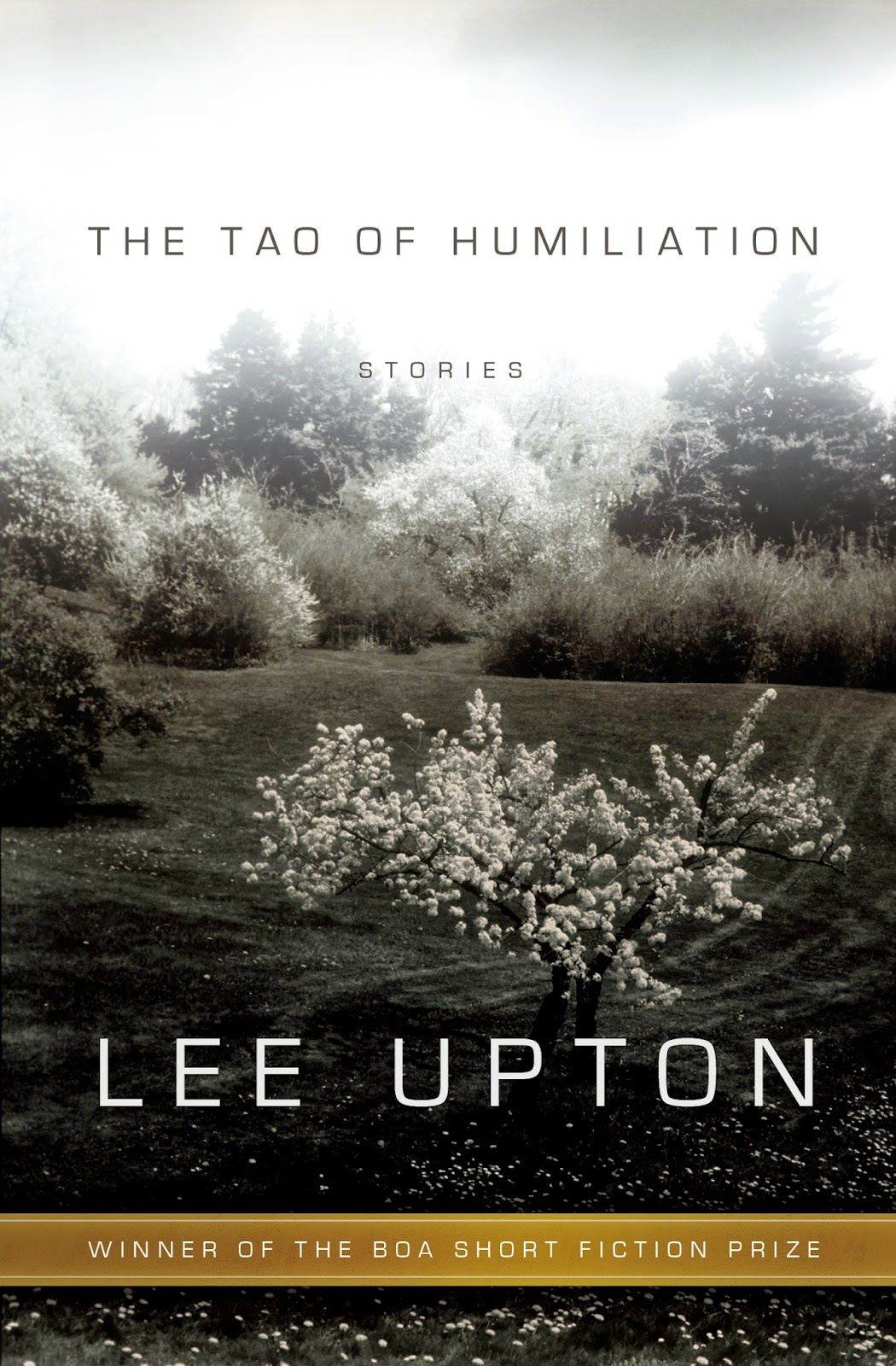My First Time is a regular feature in which writers talk about virgin experiences in their writing and publishing careers, ranging from their first rejection to the moment of holding their first published book in their hands. Today’s guest is Lee Upton, author of The Tao of Humiliation: Stories (BOA Editions, 2014), and a forthcoming book of poetry, Bottle the Bottles the Bottles the Bottles, this year’s recipient of the Cleveland State University Poetry Center Open Book Prize. Her work has appeared in The Atlantic Monthly, New Republic, American Poetry Review, Harvard Review, and DoubleTake. She is a professor of English and the writer-in-residence at Lafayette College.
My Many First Times
The first time I published anything outside of school publications:
I had gone to a poetry festival in Grand Rapids, Michigan. A famous poet at the festival offered to look at poems by those in attendance. My bus was leaving soon, and so I fought down my shyness and hurried over to him. After reading my poems he said, without hesitation, “These could be so much worse.”
That was all the encouragement I needed. I rode the bus home, writing madly, in love with possibility. And the poem I wrote on that bus became my first published poem. It wasn’t a good poem, but that doesn’t matter now.
The first time people laughed when I read aloud something I wrote:
The poem was called “Jesus on a Tortilla.” This was before there were so many sightings of that sort. I thought of the poem as a simple sequence of observations. But the first time I read it—in a cafeteria somewhere—people laughed and kept laughing. The poem probably isn’t funny anymore, but the laughter I heard was so unexpected that I was startled. To be funny felt useful. It lifted people—and lifted something from them. Funny was helpful.
The first time I learned a book of mine would be published:
The phone call came from a stranger. My book was going to be published by the University of Alabama Press. Thomas Rabbitt spoke to me for a while, explaining what the process of publication involved. I thanked him and hung up.
Within an hour I called him back. It wasn’t one of those cases where I thought that maybe I had received a crank call. I called him back because I thought I might have hallucinated his call. When I asked him if he had actually called me, he told me not to worry about thinking I’d hallucinated the call. He said my reaction was normal, even though it wasn’t. I’ve always been grateful for his kindness.
Next I called my mother. At first I was so excited I could hardly speak. Then I spoke. Here’s a basic reprise of the conversation:
Me: “Mom! Mom! I can’t believe it! My book is going to be published!”
My mother: “Good for you. There’s a dog here and she’s in heat. This dog is in heat. I’m taking care of Evelyn’s dog and she’s in the garage and tearing down the garage door. This dog is in heat.”
And so on. The entirety of the conversation was about that dog. That dog in heat.
The first time I held a book I’d written:
A box of books arrived from the publisher. I opened the box, pulled out a freshly minted copy of my own book, and sat down on the floor, bewildered. I knew what books were like, obviously, but somehow it seemed as if my writing—all that yearning—shouldn’t actually fit inside two covers. I knew I was being idiotic. Especially because it was a slim little book. But I sat there on the floor, staring at the book, as if waiting for it to do something. I’ve never had a similar reaction again, and while I was thankful beyond words to have a book, I was also weirdly baffled beyond words. Could this be my book—something I could hold in my hands? Shouldn’t the book inflate and fill the entire room?
The first time I managed to kill off a character:
I don’t remember the first time. For the longest time I didn’t think I could allow any character to die. Then I looked at some of my fiction, saw I’d already done it, and realized: Oh no! I could call this book Everybody Dies.
The first time I raised a character from the dead:
In a long-standing version of one of my stories the main character dies. She kept dying through many revisions—over years. She stayed dead in a published version of the story. But when I revised the story for inclusion in The Tao of Humiliation, I couldn’t let her die again and she doesn’t. I think now that she never should have died and that I just had to work for a very long time to discover how to resurrect her. That’s one of the wonderful ways in which fiction is not like life.
















Interesting and delightful.
ReplyDelete